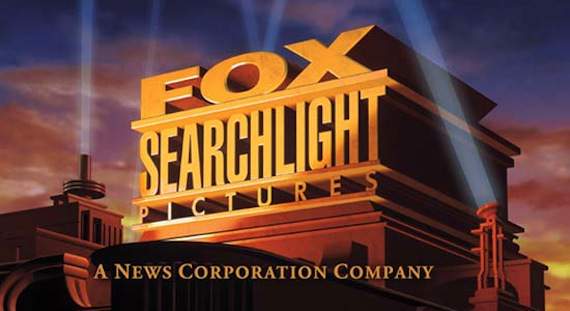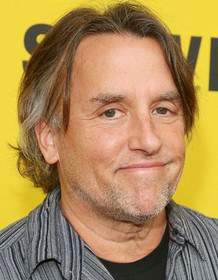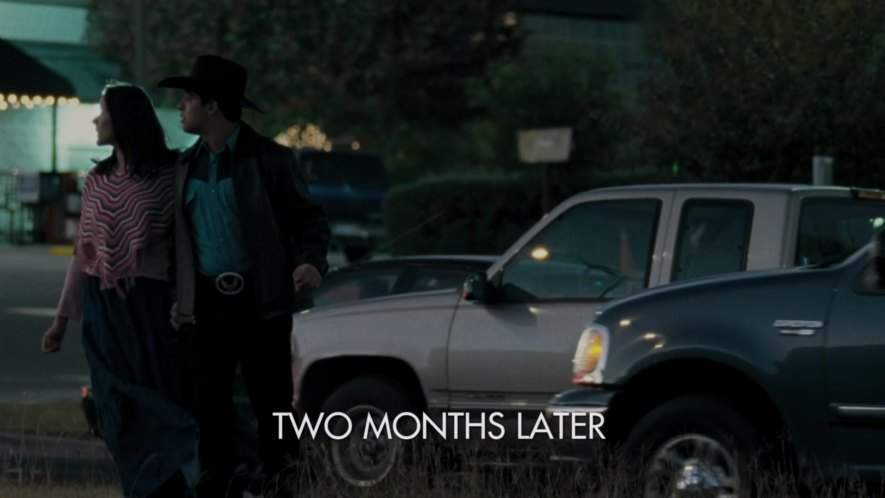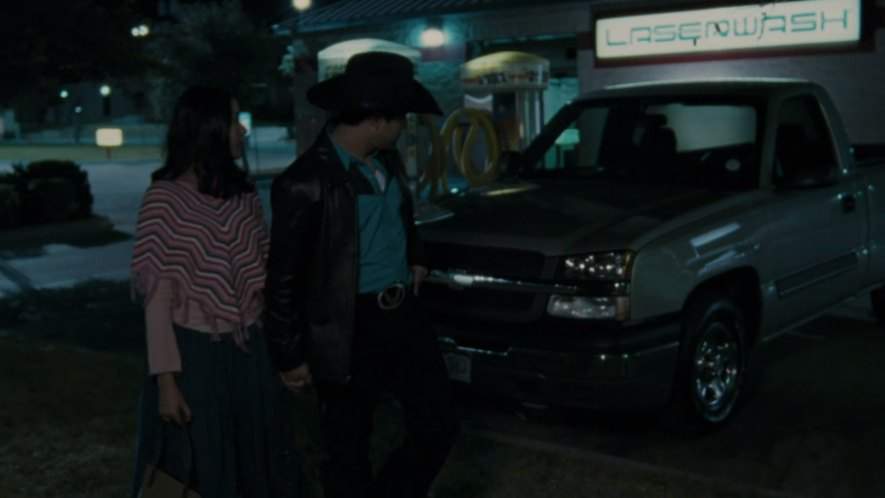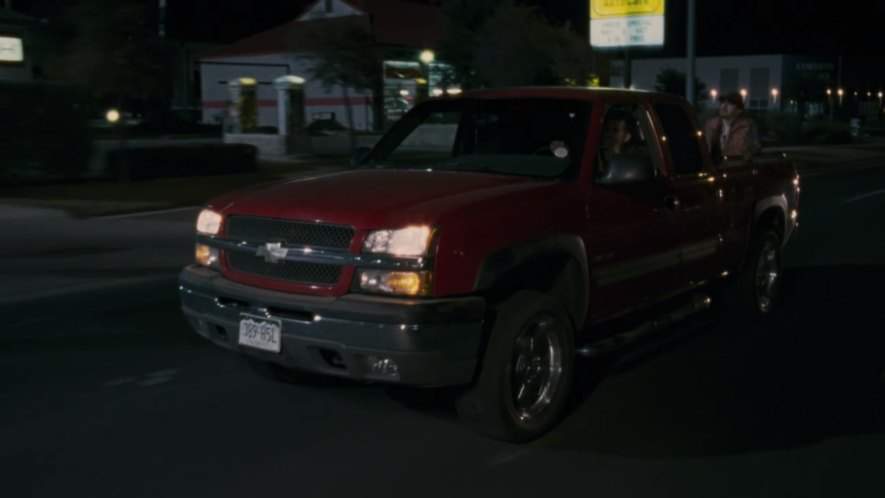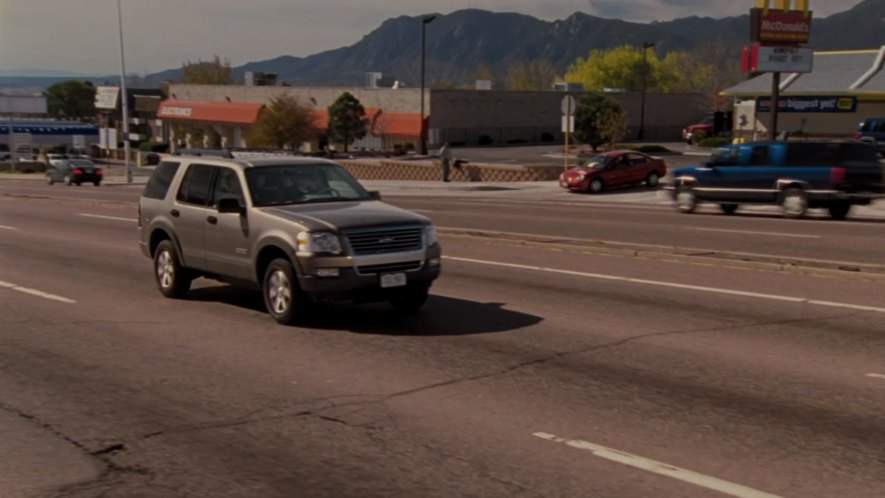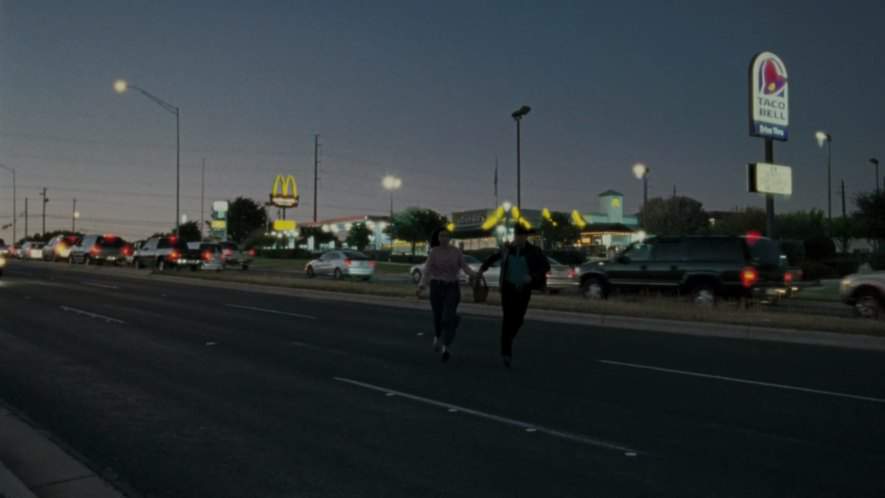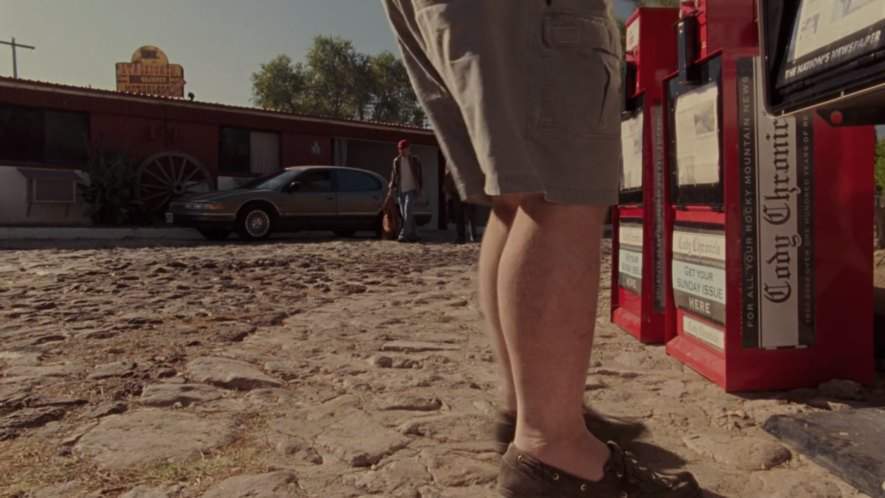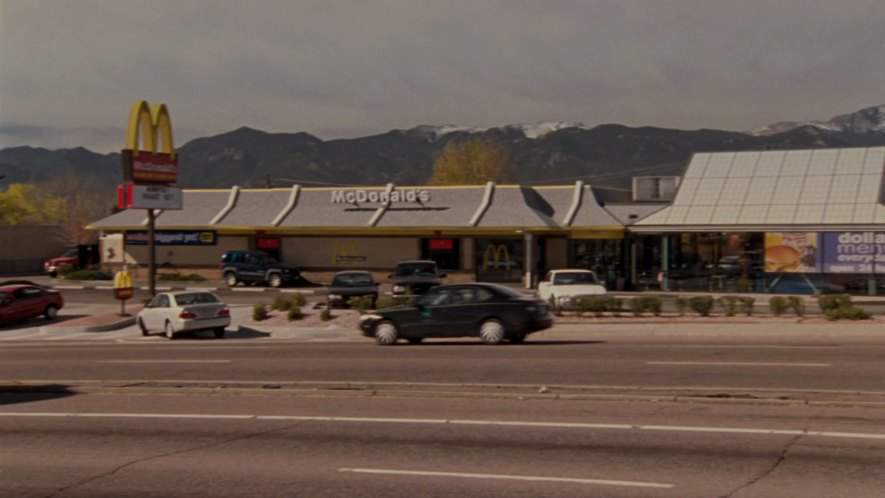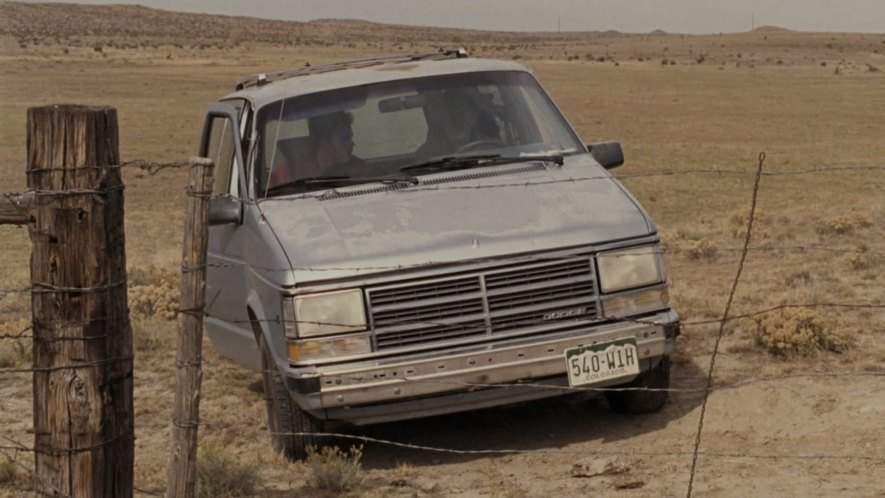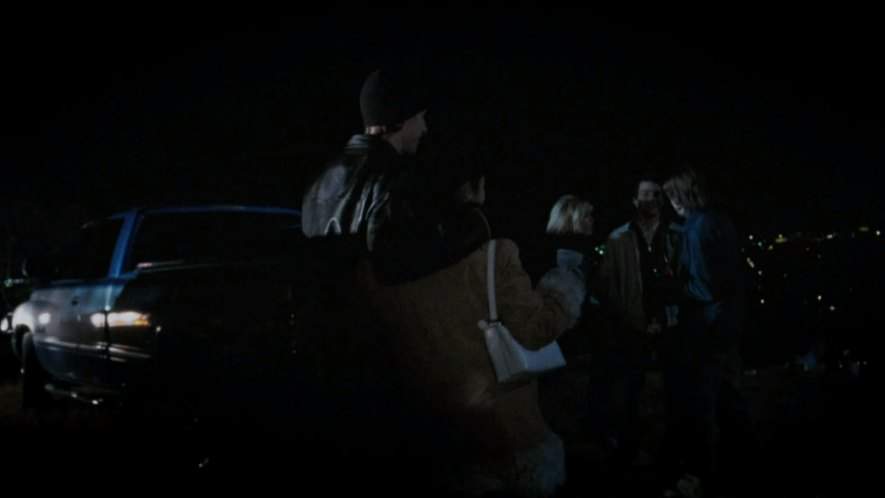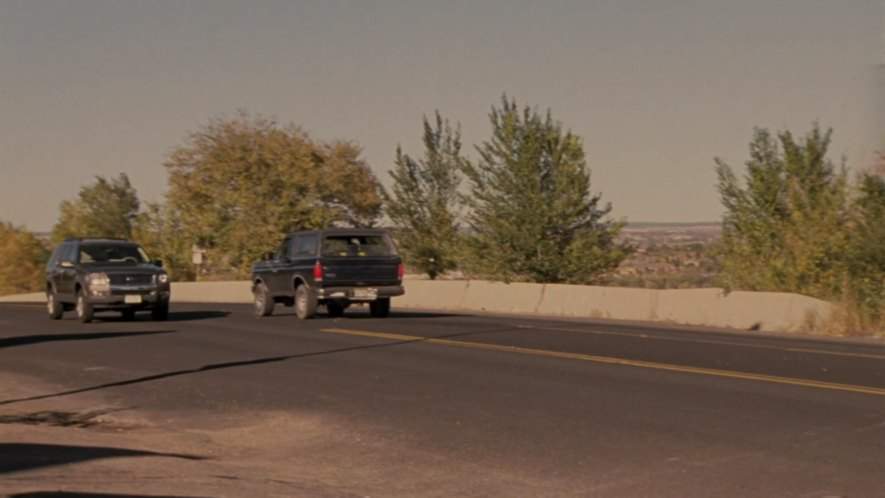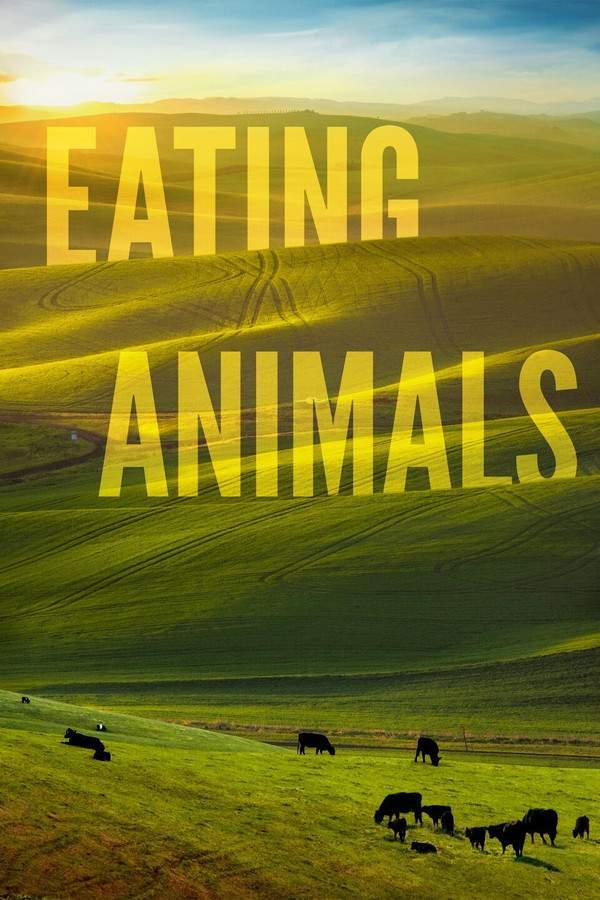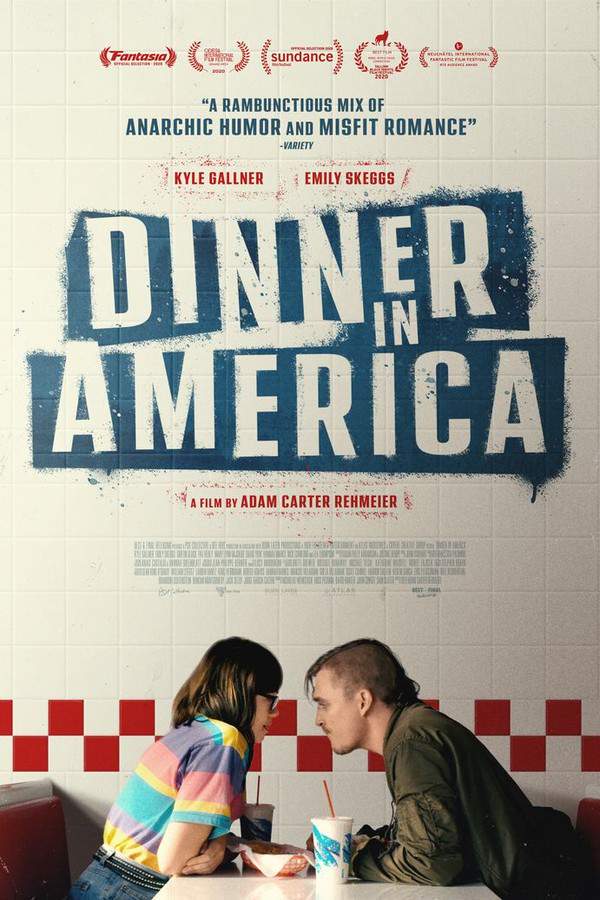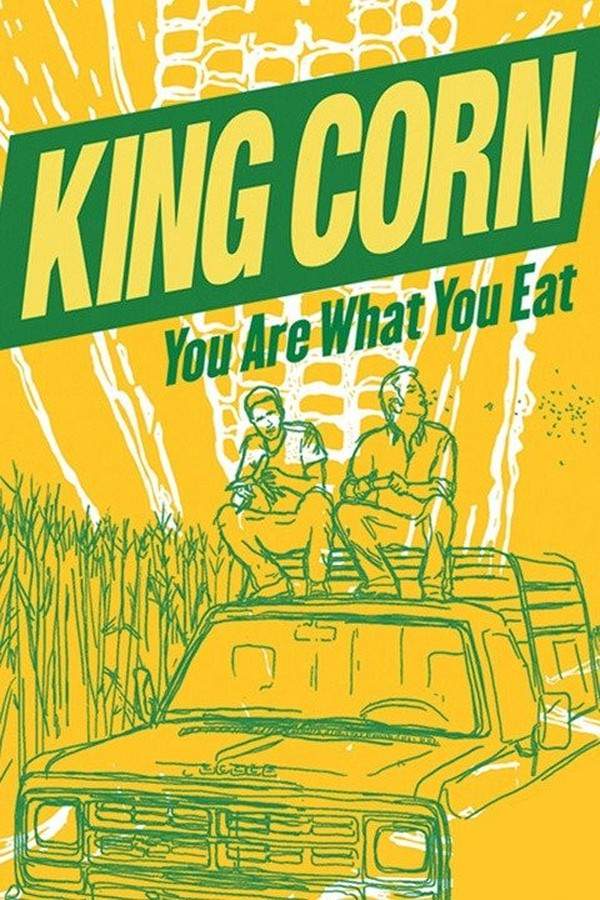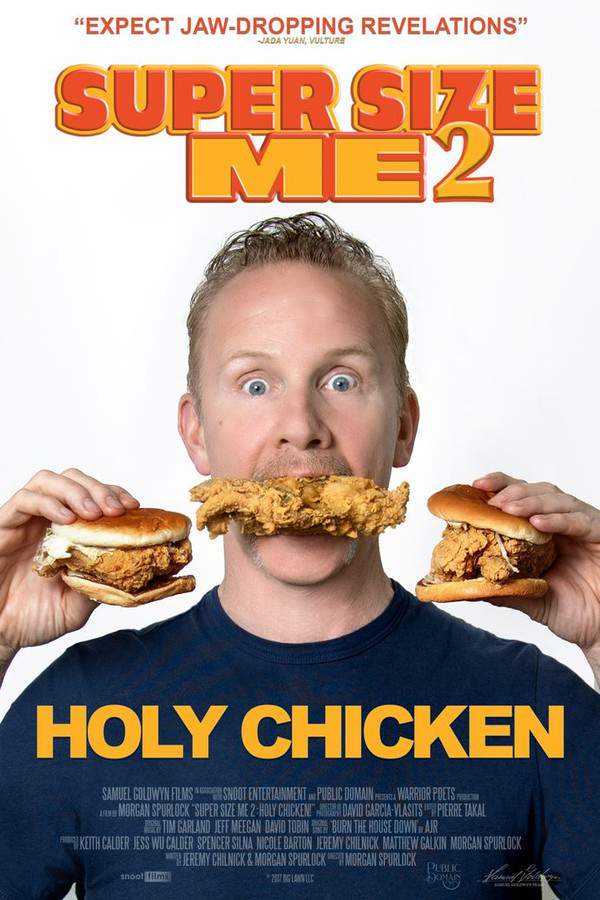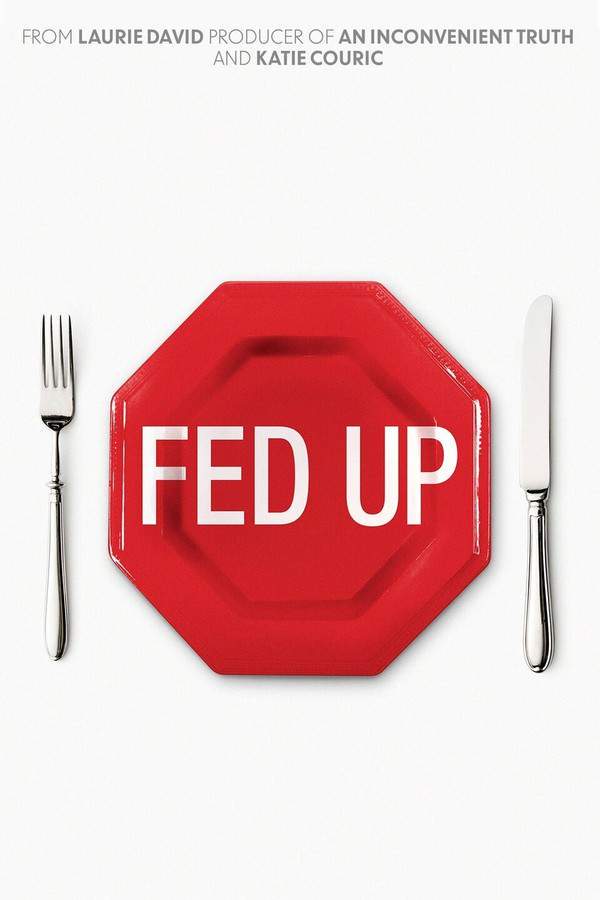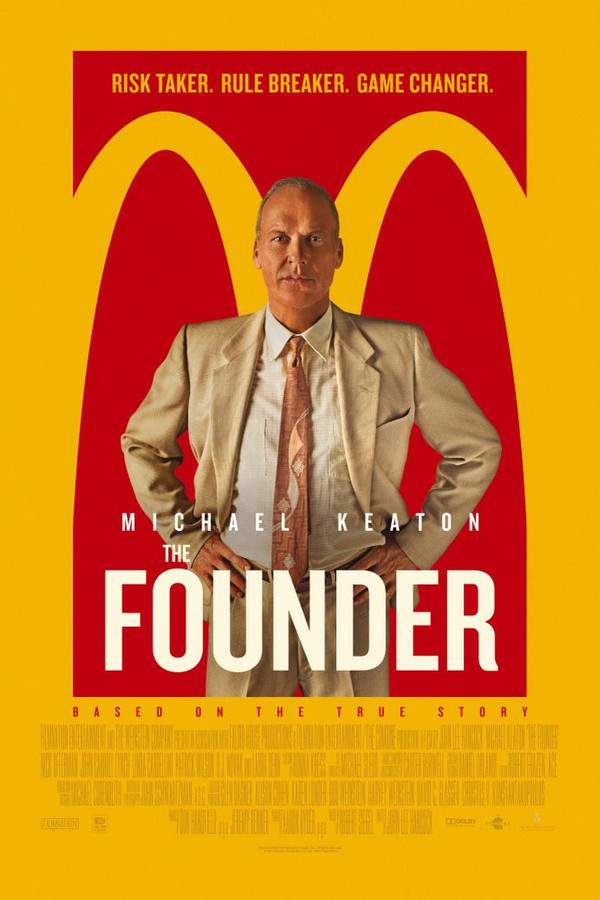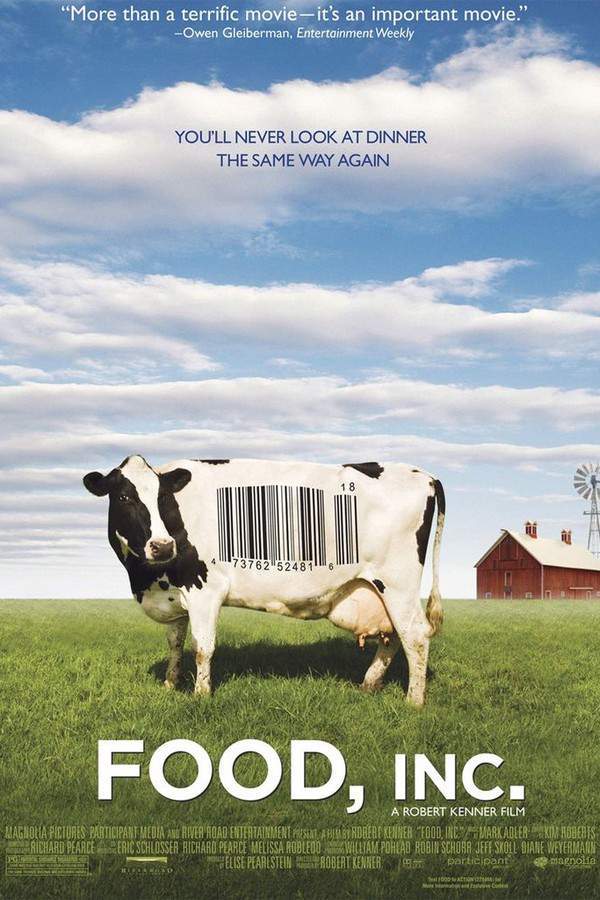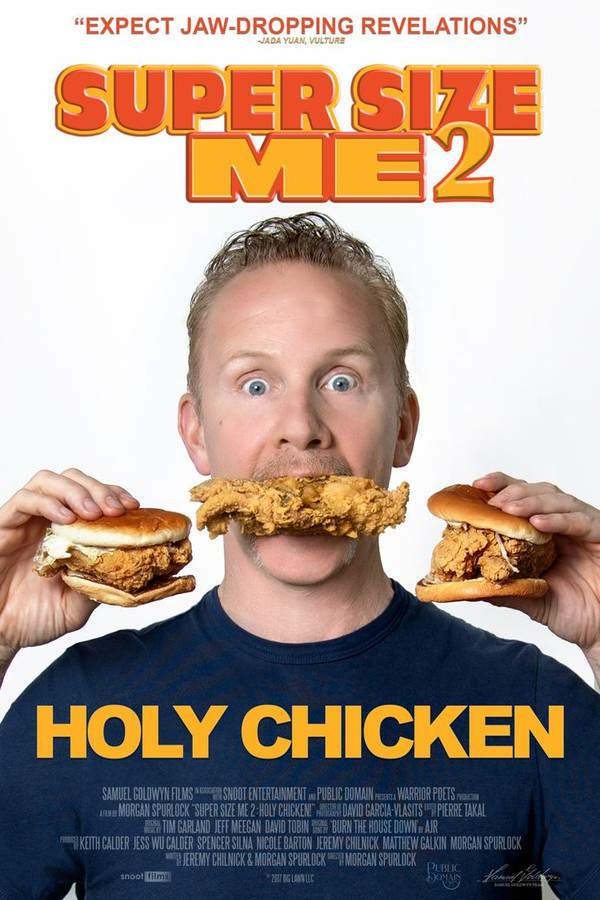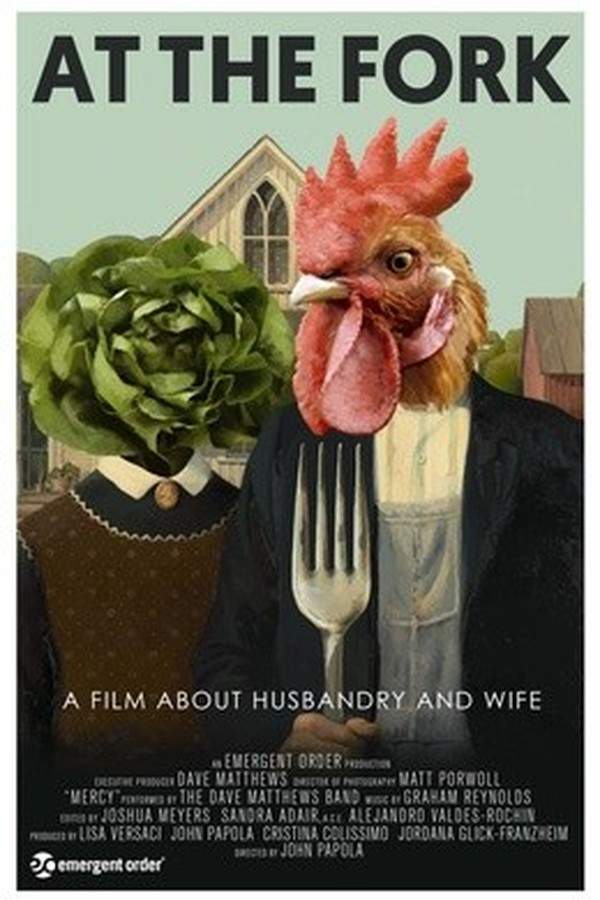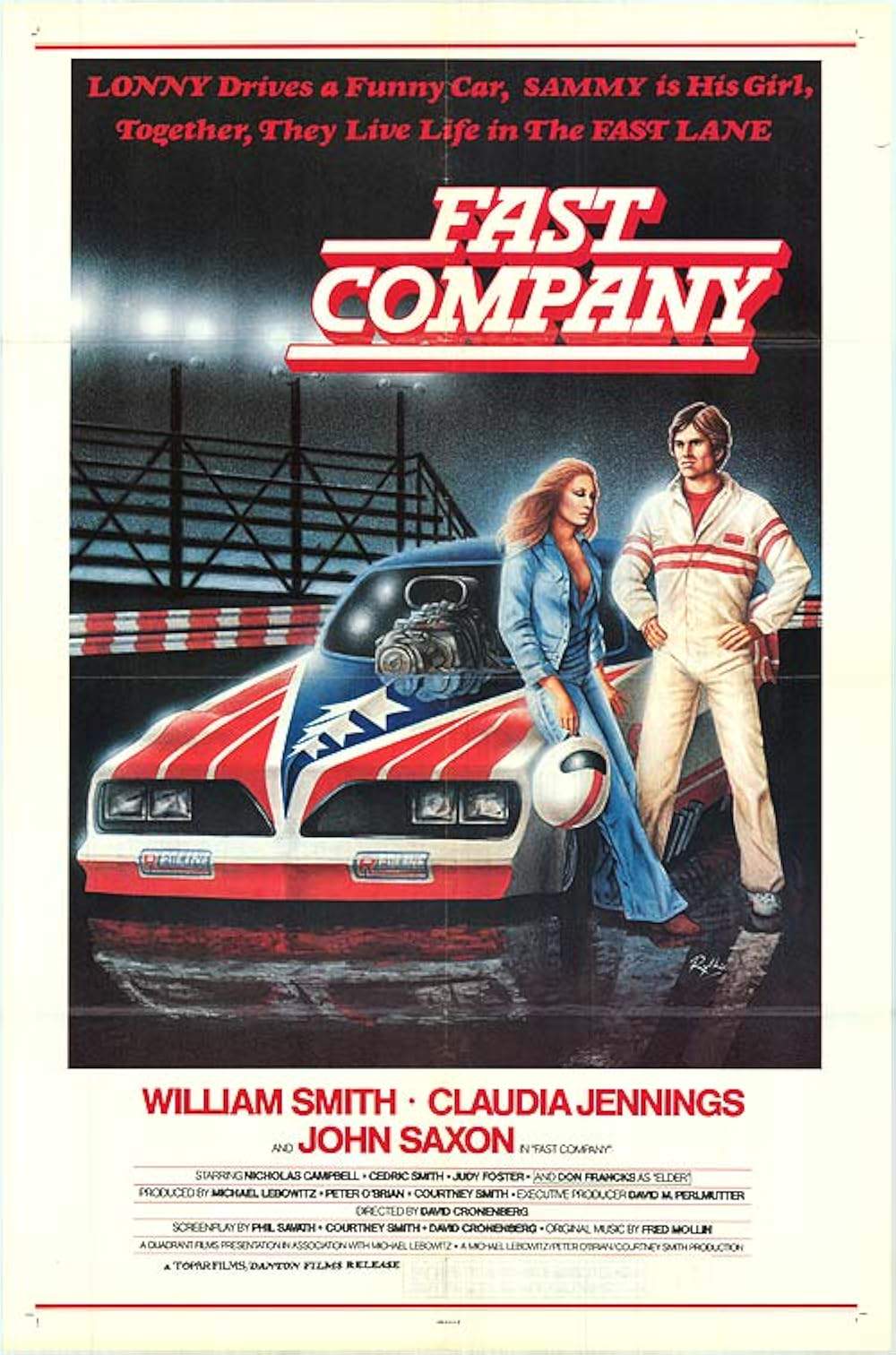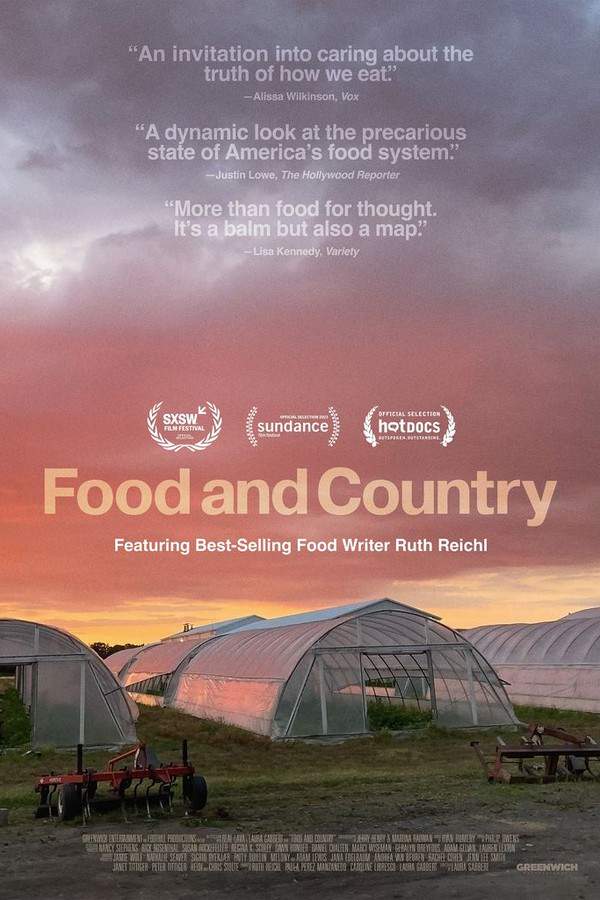Fast Food Nation 2006
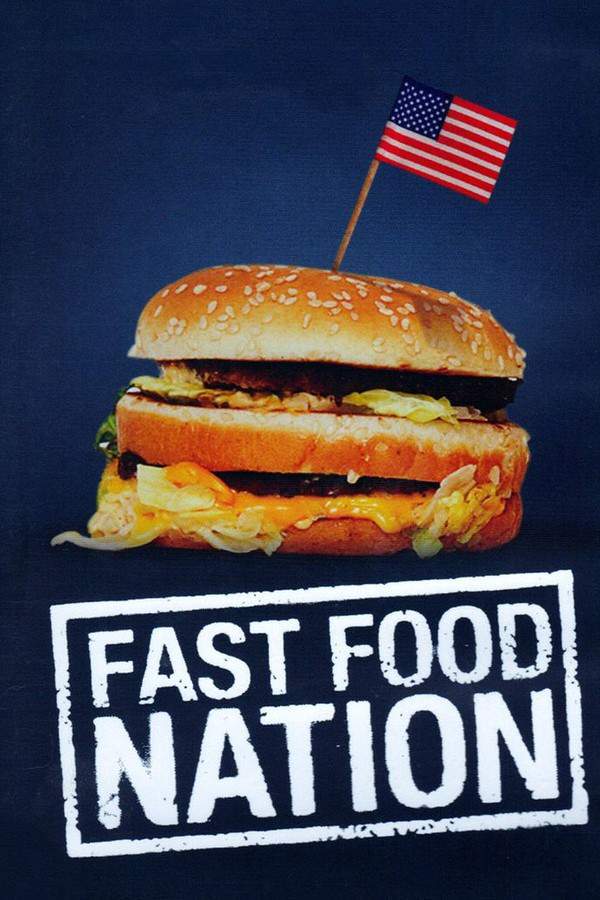
A marketing executive for a major fast-food chain begins to investigate the company’s meat supply and uncovers unsettling truths about the origins of their popular burgers. His search leads him to a grim and exploitative system, revealing the harsh realities behind the industry's practices and the journey from farm to table. He's forced to confront the consequences of prioritizing profit over ethical sourcing and the impact on those involved.
Does Fast Food Nation have end credit scenes?
No!
Fast Food Nation does not have end credit scenes. You can leave when the credits roll.
Meet the Full Cast and Actors of Fast Food Nation
Explore the complete cast of Fast Food Nation, including both lead and supporting actors. Learn who plays each character, discover their past roles and achievements, and find out what makes this ensemble cast stand out in the world of film and television.
External Links and Streaming Options
Discover where to watch Fast Food Nation online, including streaming platforms, rental options, and official sources. Compare reviews, ratings, and in-depth movie information across sites like IMDb, TMDb, Wikipedia or Rotten Tomatoes.
Ratings and Reviews for Fast Food Nation
See how Fast Food Nation is rated across major platforms like IMDb, Metacritic, and TMDb. Compare audience scores and critic reviews to understand where Fast Food Nation stands among top-rated movies in its genre.

64
Metascore
6.4
User Score


49%
TOMATOMETER

42%
User Score

6.3 /10
IMDb Rating

61
%
User Score
Take the Ultimate Fast Food Nation Movie Quiz
Challenge your knowledge of Fast Food Nation with this fun and interactive movie quiz. Test yourself on key plot points, iconic characters, hidden details, and memorable moments to see how well you really know the film.
Fast Food Nation Quiz: Test your knowledge about the themes, characters, and events in 'Fast Food Nation'.
What industry does Eric Schlosser focus on in his exploration?
Automobile
Fast food
Textbooks
Tourism
Show hint
Full Plot Summary and Ending Explained for Fast Food Nation
Read the complete plot summary of Fast Food Nation, including all major events, twists, and the full ending explained in detail. Explore key characters, themes, hidden meanings, and everything you need to understand the story from beginning to end.
Schlosser begins his exploration with the ironic delivery of a pizza to the secretive military base known as Cheyenne Mountain in Colorado. He highlights the area’s impressive technological capabilities and its robust defensive systems, proposing that if a catastrophe were to entomb the base, future anthropologists might uncover fast-food wrappers alongside military artifacts—both of which would reveal crucial insights into the essence of American culture.
Evolution of Fast Food:
Delving into the evolution of fast food, Schlosser chronicles how it has paralleled the rise of the automobile. He discusses the shift from a vibrant landscape filled with independent eateries to a market dominated by homogenous franchises. This transformation has given birth to a standardized production model, streamlined kitchens, and marketing that has pivoted from targeting teens to appealing to families.
Marketing to Kids:
In the realm of child-targeted marketing, Schlosser reveals how McDonald’s adopted strategies inspired by The Walt Disney Company, launching iconic figures like Ronald McDonald to captivate young audiences. The intention was clear: not only to engage children but also to draw in their parents and grandparents, fostering brand loyalty that would carry on into adulthood through nostalgic memories. Schlosser is critical of this approach, highlighting the exploitation of children’s trust and noting the adverse effects of corporate sponsorships in schools, where 80% of sponsored textbooks reflect the sponsors’ biases, and 30% of high schools offer fast food options in their cafeterias.
As Schlosser investigates the meatpacking industry, he uncovers a landscape now largely composed of vulnerable, easily exploited immigrant workers enduring some of the highest injury rates in the United States. He details the practices of meatpacking companies like IBP, Inc., uncovering hazardous processes often unknown to general consumers, such as rendering deceased livestock and mixing chicken manure into cattle feed. Such practices have grave implications, including the spread of Bovine Spongiform Encephalopathy (BSE) and dangerous bacteria like E. Coli O157:H7.
In observing the fast-food industry’s role in globalization, Schlosser draws connections between the escalation of obesity in countries like China and Japan with the influx of fast food. He evaluates how the fear of BSE has influenced U.S. government policy regarding cattle farming, suggesting that many documented issues could be resolved if there was sufficient political commitment.
Don Anderson, the marketing director behind Mickey’s hamburger chain, is tasked with developing the hit product known as the “Big One.” Upon discovering research indicating a significant presence of fecal matter in their meat supply, he ventures to the imaginary town of Cody, Colorado. There, he inspects the local Uni-Globe meatpacking plant, which supplies Mickey’s. Despite being shown only sanitized workspaces, he grows increasingly skeptical when rancher Rudy Martin (Kristofferson) warns him of the overlooked safety regulations due to overwhelming production demands.
Meanwhile, Amber (Johnson), a spirited Mickey’s employee with aspirations of attending college, confronts the disparity between her current job and her dreams. As she navigates her mundane work life, she encounters a group of young idealists intent on liberating cattle from Uni-Globe—a mission that leads to surprising revelations about the livestock’s unwillingness to escape captivity.
Amid this backdrop, Raul (Valderrama), along with his love interest Sylvia and her sister Coco (Talancón), are undocumented immigrants pursuing opportunities in Colorado. While Raul secures a role as a cleaner, Coco becomes trapped in a cycle of substance abuse, leading to an exploitative relationship with her supervisor, Mike (Cannavale). Following a workplace accident, Raul is injured and, feeling helpless, Sylvia resorts to compromising her values to ensure a job at Uni-Globe, ultimately ending up on the perilous “kill floor.”
Uncover the Details: Timeline, Characters, Themes, and Beyond!

Coming soon on iOS and Android
The Plot Explained Mobile App
From blockbusters to hidden gems — dive into movie stories anytime, anywhere. Save your favorites, discover plots faster, and never miss a twist again.
Sign up to be the first to know when we launch. Your email stays private — always.
Watch Trailers, Clips & Behind-the-Scenes for Fast Food Nation
Watch official trailers, exclusive clips, cast interviews, and behind-the-scenes footage from Fast Food Nation. Dive deeper into the making of the film, its standout moments, and key production insights.
Cars Featured in Fast Food Nation
Explore all cars featured in Fast Food Nation, including their makes, models, scenes they appear in, and their significance to the plot. A must-read for car enthusiasts and movie buffs alike.
Fast Food Nation Themes and Keywords
Discover the central themes, ideas, and keywords that define the movie’s story, tone, and message. Analyze the film’s deeper meanings, genre influences, and recurring concepts.
Fast Food Nation Other Names and Titles
Explore the various alternative titles, translations, and other names used for Fast Food Nation across different regions and languages. Understand how the film is marketed and recognized worldwide.
Similar Movies To Fast Food Nation You Should Know About
Browse a curated list of movies similar in genre, tone, characters, or story structure. Discover new titles like the one you're watching, perfect for fans of related plots, vibes, or cinematic styles.
Quick Links: Summary, Cast, Ratings, More

What's After the Movie?
Not sure whether to stay after the credits? Find out!
Explore Our Movie Platform
New Movie Releases (2025)
Famous Movie Actors
Top Film Production Studios
Movie Plot Summaries & Endings
Major Movie Awards & Winners
Best Concert Films & Music Documentaries
Movie Collections and Curated Lists
© 2025 What's After the Movie. All rights reserved.


